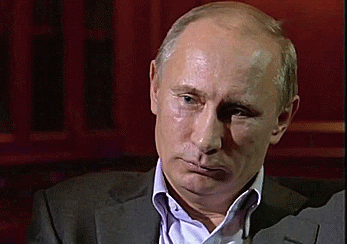Re: Eurasian Customs Union
I don't think that we will see all the terms and clauses fully in one format together. There are many reasons for that.
1) All the governments involved have strong fundamental oppositions (Not like in US or western europe where oppsitions are acting more as competitors, but as forces out to destroy ruling parties and are sometimes funded and supported by foreign countries), therefore closing down negotiations in order not to feed opposing propaganda, who's main goal is to foster negative public opinion as much as possible. In any case both ruling parties and opposition lacking in desire for healthy discussions based on true facts.
2) Internationally opposing blocks (US/NATO, EU) maneuvrers to derail processes.
3) Worldwide custom of not fully disclosing details of such agreements. Even EU does not open up full details when accepting any new country (Not the charter, which most of the times is just a document just for public relations displays).
4)Traditional habit of not including public in full discussions that is present in all post soviet countries.
5) Not having universal common goals in majority of issues ( I belive much less than between England, France and germany, the "EU core")in those negotiations between countries. For example Russia, Belarus, Kazakhistan and Armenia all have totally diffrent from each other, sometimes opposing motives and reasons in entering in negotiations, with diffrent expectations.
So most likely we will be able to fully judge when results start surfacing or becoming reality with time.
Originally posted by Artashes
View Post
I don't think that we will see all the terms and clauses fully in one format together. There are many reasons for that.
1) All the governments involved have strong fundamental oppositions (Not like in US or western europe where oppsitions are acting more as competitors, but as forces out to destroy ruling parties and are sometimes funded and supported by foreign countries), therefore closing down negotiations in order not to feed opposing propaganda, who's main goal is to foster negative public opinion as much as possible. In any case both ruling parties and opposition lacking in desire for healthy discussions based on true facts.
2) Internationally opposing blocks (US/NATO, EU) maneuvrers to derail processes.
3) Worldwide custom of not fully disclosing details of such agreements. Even EU does not open up full details when accepting any new country (Not the charter, which most of the times is just a document just for public relations displays).
4)Traditional habit of not including public in full discussions that is present in all post soviet countries.
5) Not having universal common goals in majority of issues ( I belive much less than between England, France and germany, the "EU core")in those negotiations between countries. For example Russia, Belarus, Kazakhistan and Armenia all have totally diffrent from each other, sometimes opposing motives and reasons in entering in negotiations, with diffrent expectations.
So most likely we will be able to fully judge when results start surfacing or becoming reality with time.









Comment